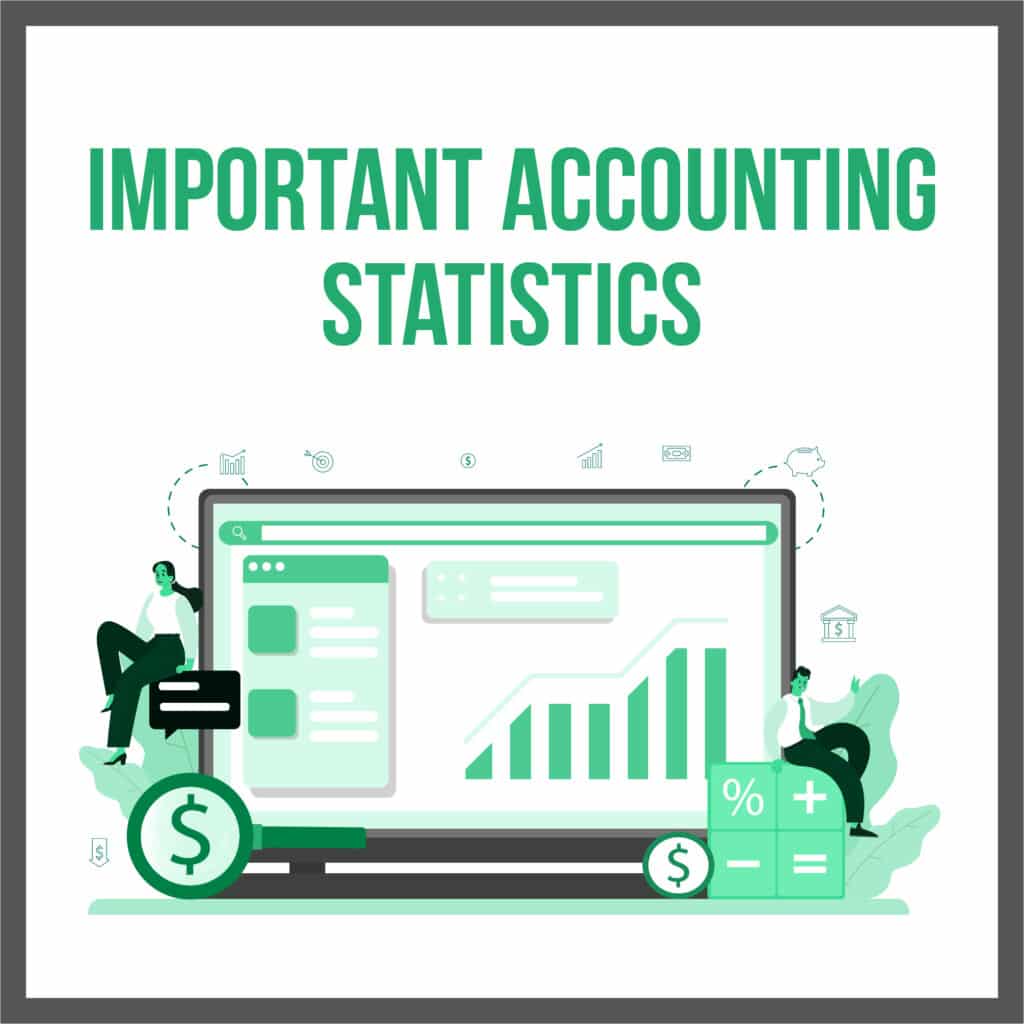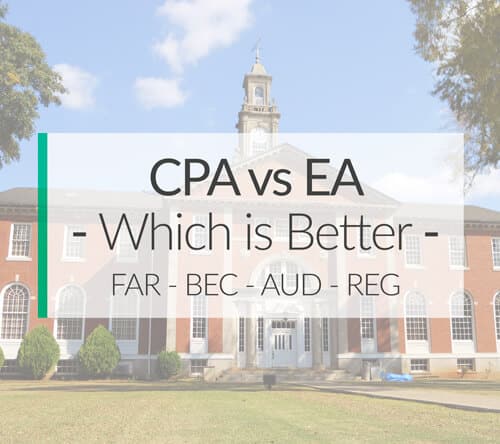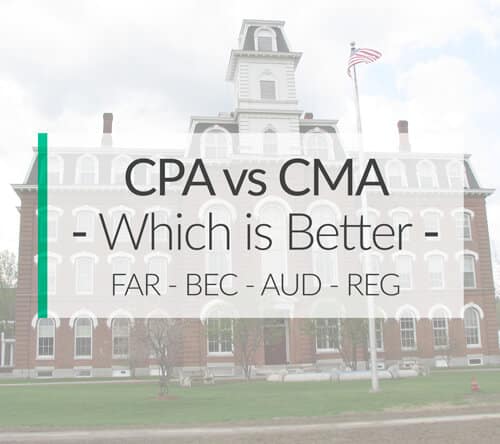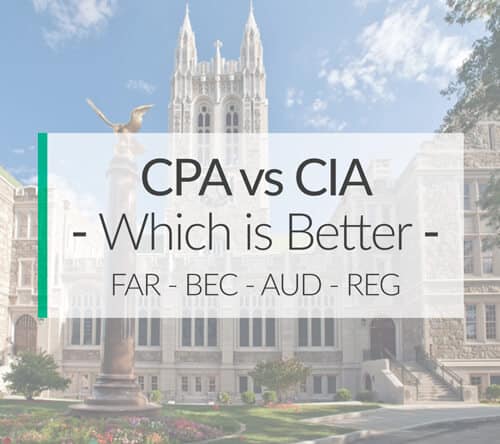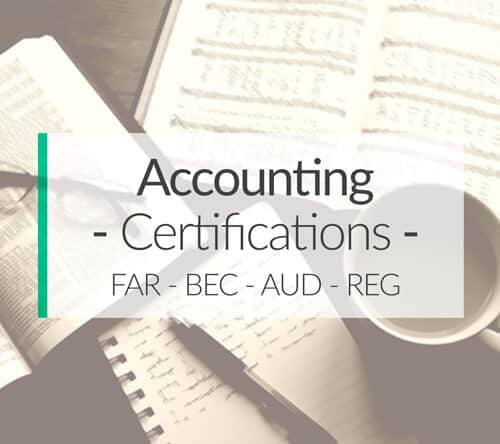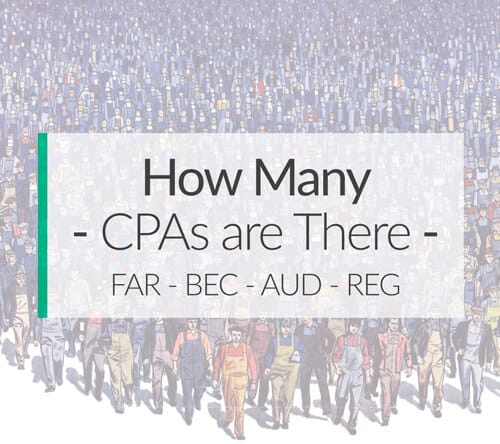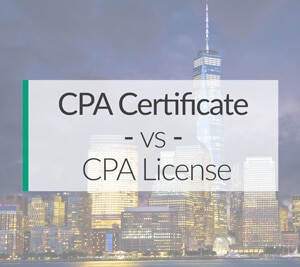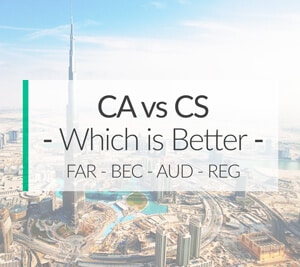
Both the Chartered Accountant (CA) and Company Secretary (CS) certifications are designations for international accounting professionals. CAs tend to specialize in non-US GAAP and perform high-level accounting and auditing functions in companies and CA firms while CSs specialize in corporate law and perform corporate compliance activities for large companies.
Let’s talk about the differences between CA vs CS certifications and which one is right for you and your career.
What is the difference between CA vs CS?
What is a CA?
Chartered Accountant (CA) is an international accounting credential that you earn by following a course of study and passing an examination administered by a Chartered Accountant Institute in your country of certification. CAs are accounting experts in non-United States GAAP and perform detailed accounting functions within an organization or governmental entity. Most countries outside the US have their own Institute. The most recognized are England, Ireland, Wales, and India.
What is a CS?
A Company Secretary (CS) holds a managerial position within a company. It is not a position of administrative support, which is commonly associated with the term “secretary.” In fact, some CSs are attorneys or have MBAs. The country in which the CS is employed will determine the scope of responsibility. In some countries, employment of a CS within an organization is mandatory. In general terms, a CS ensures that the company and the directors operate within the law.
They also may perform some accounting functions, primarily in recordkeeping. The requirements for becoming a CS vary greatly and largely depend on the country in which you work. Examples of organizations that offer specific training for Company Secretaries include the ICSA in the U.K. and the Institute of Company Secretaries of India (ICSI.)
CA vs CS Career Path Differences
Chartered Accountants provide accounting services for clients in either the public or private sector. Their areas of study and expertise include auditing, taxation, financial reporting, and business/managerial accounting. They specialize in non-US GAAP and commonly work internationally but rarely in the US.
The CS acts as a primary source of communication between the company and its shareholders, such as taking and distributing minute from shareholder meetings. In some countries, the CS will perform some accounting functions such as managing and storing the company’s accounting records, (e.g. reinvestments, property, payroll, insurance, taxation, etc.) In some circumstances, CAs may also function as Company Secretaries.
CA vs CS Time Requirement Differences
The time requirements for becoming a Chartered Accountant depends on the country you want to become chartered in and their specific requirements. It also depends on your current education and professional experience. As an example, the ICAS has four pathways you can choose from to become a CA. On the average, it takes about 5 years to complete the three-level exam and fulfill the work experience requirement since most candidates study for an average of 300 hours for each exam level.
It takes less time to become a CS than a CA. In India, the process takes on average 2-3 years. Candidates must pass a three-level including foundation, intermediate, and CS exams administered by the Company of Secretaries in India (ICSI).
CA vs CS Cost of Certification
The cost of becoming a CA depends on whether or not your employer will pay for your training. If you pursue Pathway #3 through the ICAS, it will cost around £5,750 – £13,900. Pathway #4 (on the high end) costs roughly £3,318. Simply taking the CA exam will cost approximately $1,000.
If you become a CS through India’s ICSI, the Foundation Program will cost $70; the Executive Program and the Professional Program both cost $116. The cost to simply take the CS exam is around $500.
Both CAs and CSs may be required by the jurisdiction in which they work to take ongoing training courses.
CA vs CS Potential Salaries
The median salary for a CA is $44,000 in the UK. CAs in India can expect to make $11,000. The average salary for a CS in the U.K. is $51,000 and in India, it is $8,000. Again, where you work, the type of training you’ve received, and your years of experience will have an impact on your annual salary.
CS vs CA: Why not have Both?
You can. In Sri Lanka, for example, a Chartered Accountant can hold the position of Company Secretary. If you are a CA and want to also become a CS, you can check with the country in which you are employed to see what the additional requirements are.
If you are a CS and wish to assume more accounting duties within your organization or change careers completely, then you will obviously need more formal training to earn CA designation.
In most cases, there isn’t a point to get both of these certifications. Both credentials offer different opportunities, but in most cases a CA can do everything that a CS can do. Thus, if you are going to get one certification, you are better off just becoming a chartered accountant.
Chartered Accountant (CA) vs. Company Secretary (CS) – Which is better?
While there may be some overlap in duties, the two professionals are quite different. Chartered accountants’ focus is on accounting functions. While the CS may be involved with some accounting reporting, the chief duties are in corporate compliance and liaising with stockholders.
It comes down to what you want to do with your career. If you want to work for a public firm and specialize in international accounting standards and auditing, you should pursue the chartered accountant designation. If you want to work in corporate compliance for a large company, you should look into the company secretary designation.


